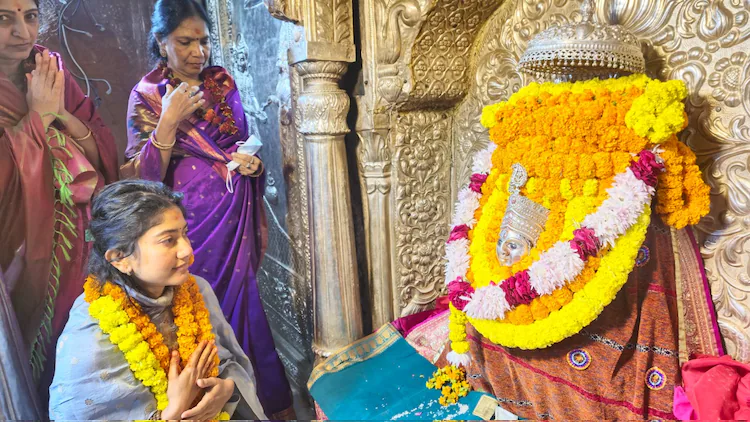The Delhi High Court has issued a notice to the Centre and the Delhi government in response to a petition challenging several sections of the Manual Scavengers and their Rehabilitation Act of 2013. The petitioner, Kallu, a sewer cleaner belonging to the Scheduled Caste community, sought to challenge and rectify provisions of the act that were deemed violative of Articles 14, 17, and 21 of the Indian Constitution.
The petition, represented by Advocate Pawan Reley, argued that while the Manual Scavengers Act and Rules were enacted to eliminate the dehumanizing practice of manual scavenging, certain provisions failed to align with the objective of eradicating historical injustices and ensuring rehabilitation. Specifically, the petition challenged Section 2(1)(g), Section 39 of the MS Act, along with Rule 3, Rule 4, Rule 5, and Rule 6(2) of the MS Rules.
The petitioner contended that these provisions were arbitrary, created artificial classifications, legitimized untouchability, and violated the principles of dignity. It was argued that the exclusion of “sewer cleaner and septic tank cleaner doing hazardous cleaning” from the purview of the act deprived them of identification and rehabilitation benefits provided under the MS Act.
The petition further highlighted discriminatory aspects of the explanation (a) of Section 2(1)(g) of the MS Act, stating that it only considered regular or contractual employees, excluding daily wage workers, temporary workers, and Jajmani workers. The plea argued that this distinction was unreasonable, as the nature of work remained the same regardless of employment status.
The petitioner also criticized Section 39 of the MS Act, which grants the Central Government the power to exempt and permit manual scavenging for six months. This provision was deemed arbitrary and against the concept of human dignity.
The Delhi High Court bench, comprising Justice Manmohan and Justice Manmeet Pritam Singh Arora, directed the Union of India and the State of NCT of Delhi to respond within eight weeks and scheduled the next hearing for July 4.

















